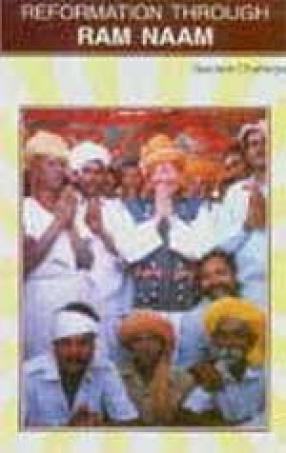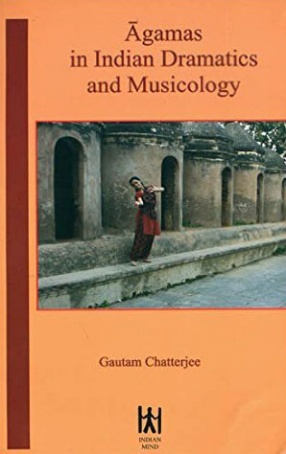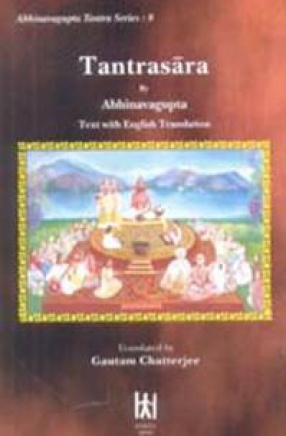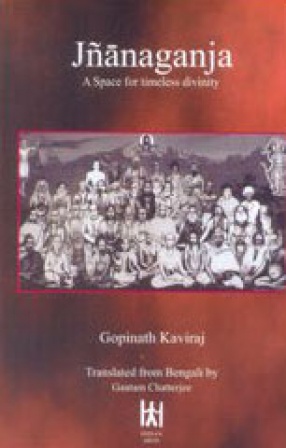‘Negative instinct’ of mankind is as old as our civilization. In order to tackle this human aberration many socio-psychological techniques were evolved. In order to ensure co-existence and harmonious living the concept of law and order came into vogue. Punishment for crime was enforced to have a deterrent effect on the society. In the last millennium these ‘criminal’ activities were diagnosed as ‘disease’ of the society. To cure the ailing society many tools were evolved enveloping socio-psycho-economic norms. However, desired results could not be achieved. On the other hand, traditional people or tribals were termed as ‘criminal’ and were shunted out to seclusion by the upper section of the society. So-called reformative efforts from ‘above’ could not undo their instincts and negative impulsiveness. Thus socio-anthropologically speaking, we have created a core class and named them ‘criminal’ who posed a perennial danger to the socalled society of ours. However, some philanthropists intervened and employed the ‘spiritual tool’ of Ram Naam to usher in reformation amongst those who live a life of negativism and neglect. Tribal Bhils of Jhabua district of Madhya Pradesh and many more convicts serving sentences in Indore Central Jail became the subject of reformation through Ram Naam—the sound or nada philosophy propounded by Swamiji Satyanandji Maharaj. This spiritual experimentation is yielding phenomenal result and curing many an ill of the society which were otherwise remained a subject of great societal neglect. The book delves deep into the subject of spiritual reformation through field study undertaken in the Jhabua district and Indore Central Jail. It takes the hind view of the socio-economic situation. It also gauges the psychological changes as narrated by scores of people who are experiencing reformation. The book elaborates the internal journey of sacred sound—Ram Naam and looks at sociologically how that is influencing the lifestyle of people who once remained a threat to the society. This work also highlights how Ram Naam is effacing the layers of superstition and effecting de-addiction among the Bhils. The book looks at the case studies from the perspective of anthropology and analyses the depth of spiritual reformation dethroning the societal concept that Bhils have ‘criminal minds’, who are for ages subjected to the abject poverty and social denunciation. The book also concludes through various case studies that ‘hard core murder convicts’ can be reformed thoroughly and even there are cases where convicts who cultivated Ram Naam could escape gallows in a very mystic manner.
Reformatioin Through Ram Naam: Case Studies of Tribal Bhils of Jhabua and Convicts of Indore Central Jail
In stock
Free & Quick Delivery Worldwide
Bibliographic information
Title
Reformatioin Through Ram Naam: Case Studies of Tribal Bhils of Jhabua and Convicts of Indore Central Jail
Author
Edition
1st ed.
Publisher
ISBN
8187872012
Length
xii+158p., 23cm.
Subjects








There are no reviews yet.